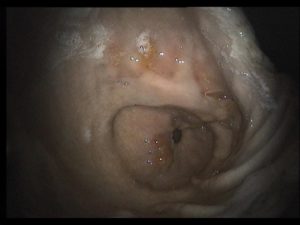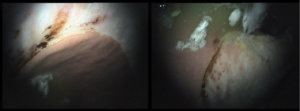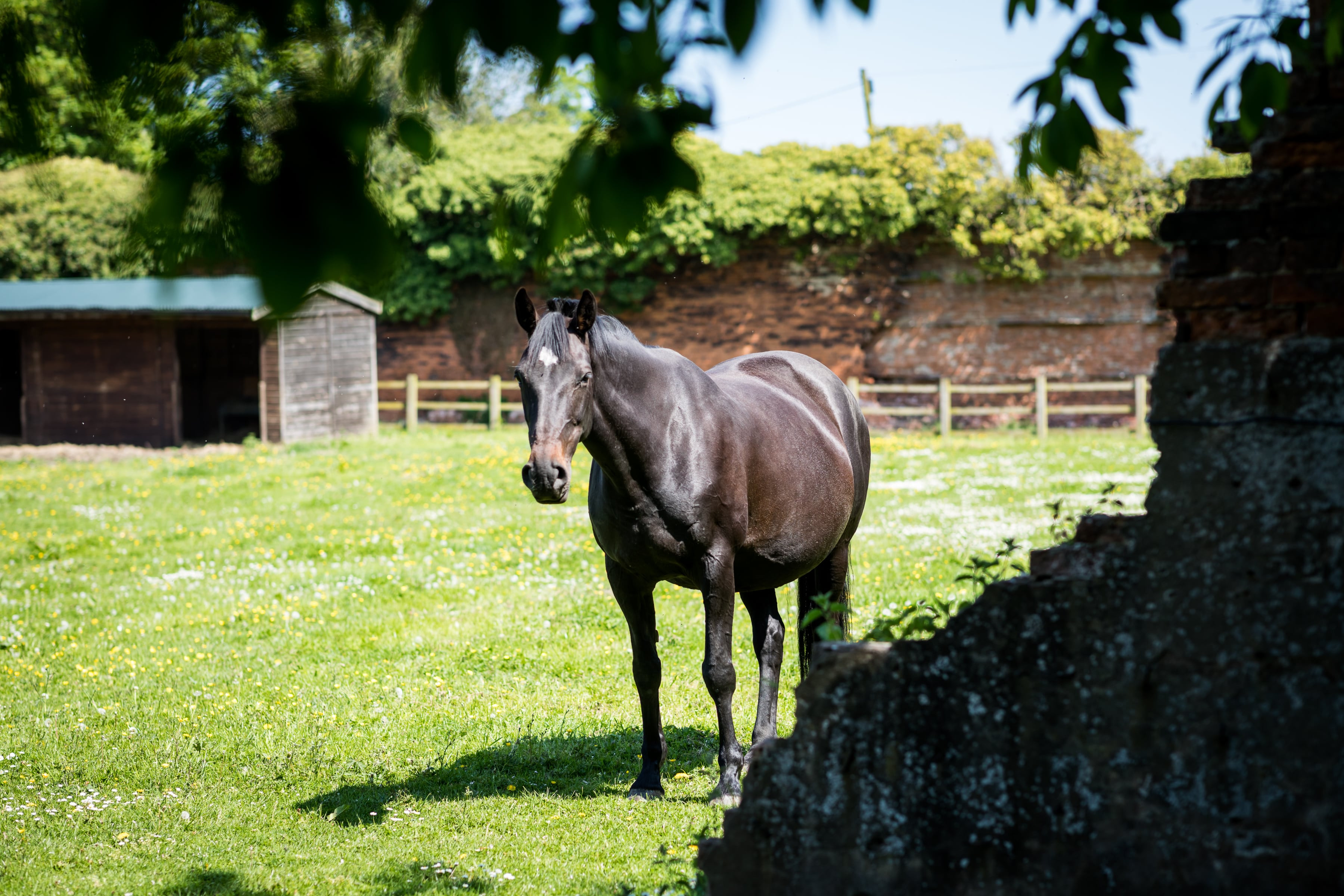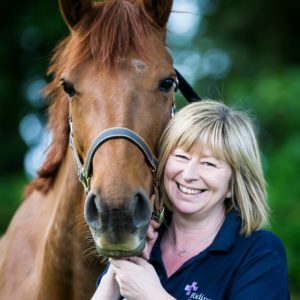We are equipped with a 3m portable video gastroscope which allows us to perform gastroscopy at your yard. Like the endoscope, you will be able to see everything on the monitor.
The video gastroscope allows us to see in the horses stomach, the scope is longer allowing us to enter the stomach and the start of the small intestine (duodenum).
Gastroscopy is the only way to diagnose gastric ulceration and the best way of monitoring response to treatment.
What are equine gastric ulcers?
Equine Gastric Ulcer Syndrome describes the erosion of the horse's stomach lining, due to prolonged exposure to the acid produced by the stomach.
Equine Gastric Ulcer Syndrome spans a wide spectrum of severity, from an inflamed but intact stomach lining, through to widespread erosion and bleeding. In extreme circumstances the condition develops to such an extent that perforation of the stomach can occur, and this can be fatal. Such fatalities most commonly occur in foals, rather than adult horses.

Glandular lesions in the pyloric region of the stomach

Moderate squamous ulceration along the greater curvature of the stomach
Which horses get gastric ulcers?
Gastric ulceration is a serious yet common condition that can affect any horse – from the most sedate pony to performance and racehorses.
Studies indicate that gastric ulcers occur in up to:
- 37% of leisure horses
- 63% of performance horses
- 93% of racehorses
Foals are also at particular risk - around 50% of foals develop stomach ulcers, particularly in the first few months of life.
How can I tell if my horse has gastric ulcers?
The signs of gastric ulcers can be very difficult to recognise, but may include one or more of the following:
- Poor appetite
- Weight loss
- Poor performance
- Poor condition including dull coat
- Behavioural changes
- Mild or recurrent colic
- Or, something's just not quite right!
If you think your horse could have gastric ulcers and would like to speak to us or arrange gastroscopy, please call the office on 07747771182 or complete our contact form.
You can also read more about feeding for ulcers on our blog

